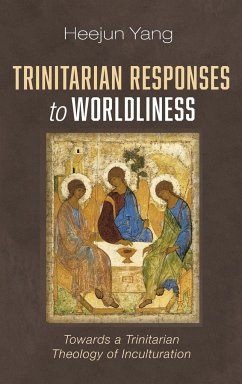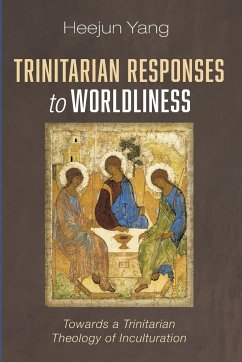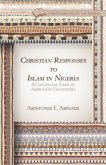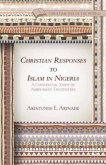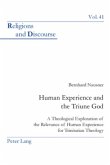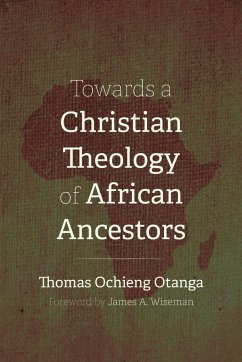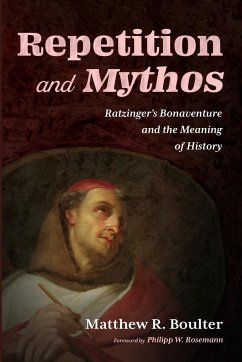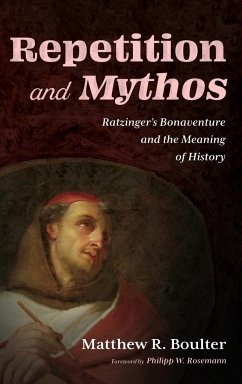Are you a seminarian/scholar who wants to go further from your school's Barthian tradition? The purpose of this book is to connect cutting-edge post-Barthian trinitarian theological movements all around the world: postliberal theology (Yale school) in the US, radical orthodoxy (Cambridge school) in the UK, German radical hermeneutic theology (Zurich school in the German-speaking world), and the theology of inculturation (Korean Methodist school) in Asia. Although each theological movement had a tremendous impact on the entire area of theology, there has been no work done to connect those twenty-first-century theological trends. The strength of this book is that it connects different theological movements with the author's own unique view as a Korean theologian. Comparing different Trinitarian theological movements, the author argues for the necessity of a God-focused theology to embrace different human understandings in a world where Christianity is not dominant. The book claims that Christians can pursue a genuine dialectics of differentiation and interdependence when they understand the global phenomenon of Christianity's inculturation as the work of the Trinity who relates Godself to different worldly cultures.

